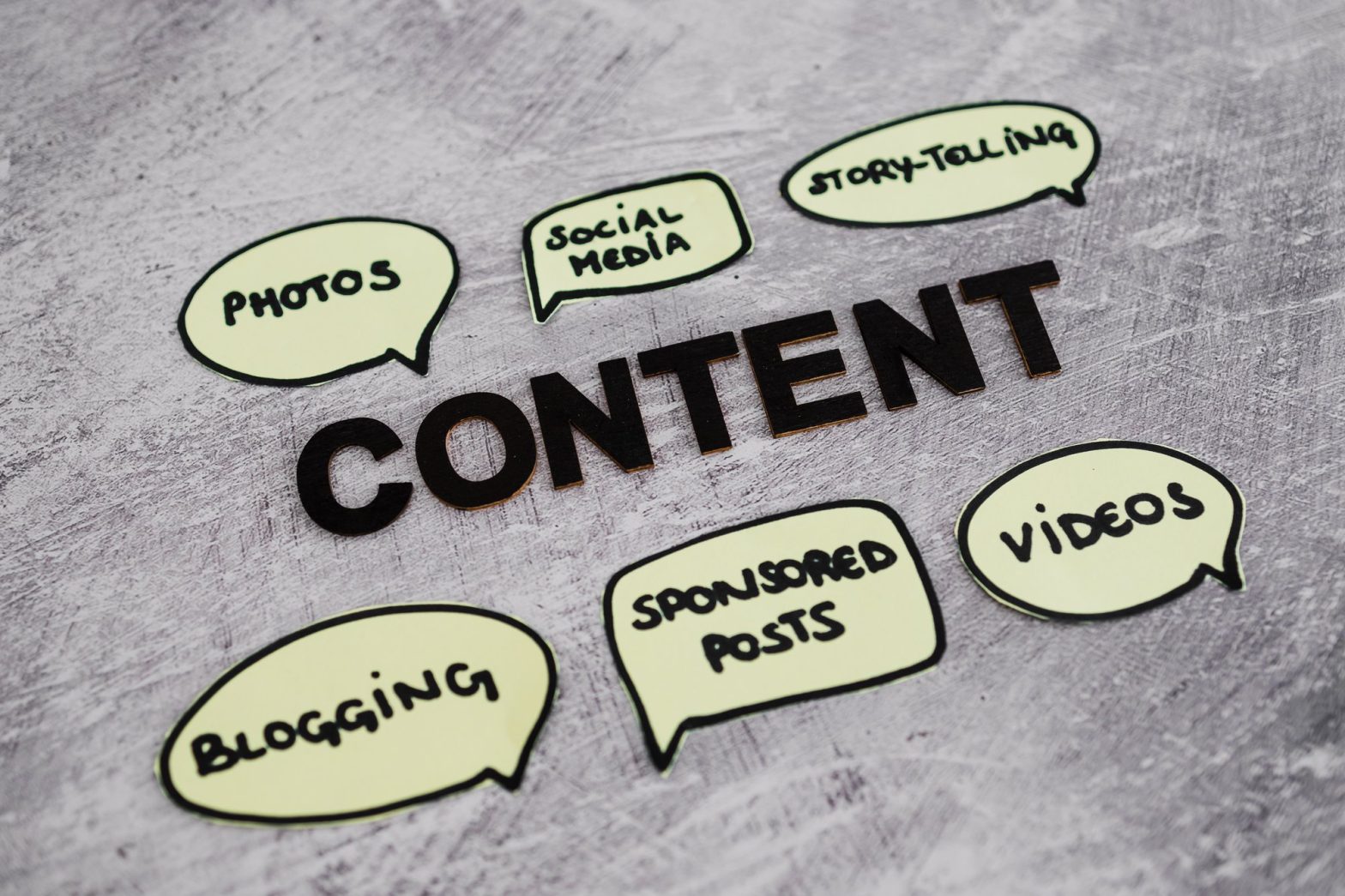Over the past two decades, artificial intelligence (AI) has made remarkable strides, transforming various domains, including marketing and content planning. A recent McKinsey report reveals that 65% of organizations now regularly use generative AI, a significant increase over the past year. For marketing leaders—directors, managers, and CMOs—leveraging AI can greatly enhance productivity and streamline workflows.
This guide outlines how to craft a robust AI content strategy, balancing AI’s capabilities with the indispensable human touch. Let’s explore the steps needed to become a forward-thinking marketing leader.

Understanding AI’s Role in Marketing
AI offers transformative potential for marketing efforts. Technologies such as natural language processing (NLP) and machine learning (ML) can analyze vast amounts of consumer data, providing insights into preferences and behaviors. AI algorithms can sift through customer feedback and social media interactions to identify trends and sentiments, allowing for more targeted and effective campaigns. Additionally, AI tools can pinpoint popular topics, generate initial content drafts, and suggest optimal posting times for maximum engagement.
Despite AI’s efficiency, human creativity remains crucial. Marketing is fundamentally about connecting with people, and content must resonate personally. Combining AI’s precision with human ingenuity can produce high-quality, impactful content.
Foundations of an AI-Driven Content Strategy
Developing an AI-driven content strategy involves understanding where AI can make the most impact:
- Ideation: AI can analyze extensive data sets to highlight trending topics and content gaps, providing relevant insights for brainstorming.
- Research: AI-powered tools can automate research, saving time by analyzing competitors and market landscapes.
- Outlining and Drafting: AI can create content briefs and outlines, ensuring consistency and clarity across your team’s work.
- Editing and Refinement: Tools like Grammarly and Hemingway streamline the editing process, allowing for focus on message refinement.
- Headlines and Social Copy: AI can suggest engaging headlines and social media captions driven by data on trending keywords and audience preferences.
- Email Marketing: AI tools can tailor and automate email campaigns, increasing engagement by analyzing subscriber behavior.
How do you currently integrate AI tools into your content planning process?
Integrating AI Into Your Content Workflow

Introducing AI into your content pipeline can be straightforward with a strategic approach. Here’s how to begin:
- Map Your Workflow: Outline your current content workflow, from ideation to distribution. Identify the most time-consuming or repetitive tasks where AI can help.
- Identify AI Opportunities: Determine which tasks, such as keyword research, content optimization, and social media scheduling, can be automated or improved with AI.
- Choose the Right Tools: Select AI tools that align with your goals and budget. Ensure the tools address specific workflow pain points.
- Train Your Team: Provide training to ensure your team is comfortable with new AI technologies. Proper training is essential for maximizing AI’s benefits.
- Start Small: Integrate AI into one aspect of your workflow initially. Gradually increase AI’s involvement as you observe benefits.
- Monitor and Adjust: Regularly evaluate the performance of your AI tools and adjust your strategy as needed. Continuous monitoring ensures alignment with your content objectives.
Overcoming AI Content Creation Challenges
While AI offers many advantages for content planning, it also presents challenges. Ensuring content retains a human touch is essential, as AI-generated content can sometimes feel robotic. Always review and refine AI-generated content to infuse your brand’s personality and voice.
AI content may also lack originality and creativity, relying on existing data. Use AI to handle routine tasks or draft content, but ensure human intervention adds the creative flair that distinguishes your content.
Selecting the Right AI Tools
Choosing the right AI tools is crucial for an effective content strategy. Consider these factors:
- Capabilities: Ensure the tool offers necessary functions, such as SEO insights and content recommendations.
- Ease of Use: Select tools that integrate seamlessly into your workflow.
- Budget: Consider pricing structures and opt for solutions that offer good value and flexibility.
- Customer Support: Choose tools with robust support and resources to maximize their potential.

Embracing the Future of Content Marketing
AI is reshaping the future of content marketing. By leveraging AI, you can enhance your content strategy, streamline workflows, and stay competitive. However, balancing AI with human creativity is vital for creating content that truly resonates with your audience.
As you integrate AI tools into your strategy, remember to balance technological efficiency with a personal touch. AI is a powerful ally, but your unique insights and creativity remain essential for compelling content.
Ready to elevate your content strategy? Embrace AI thoughtfully and creatively to lead in the ever-evolving marketing landscape.
